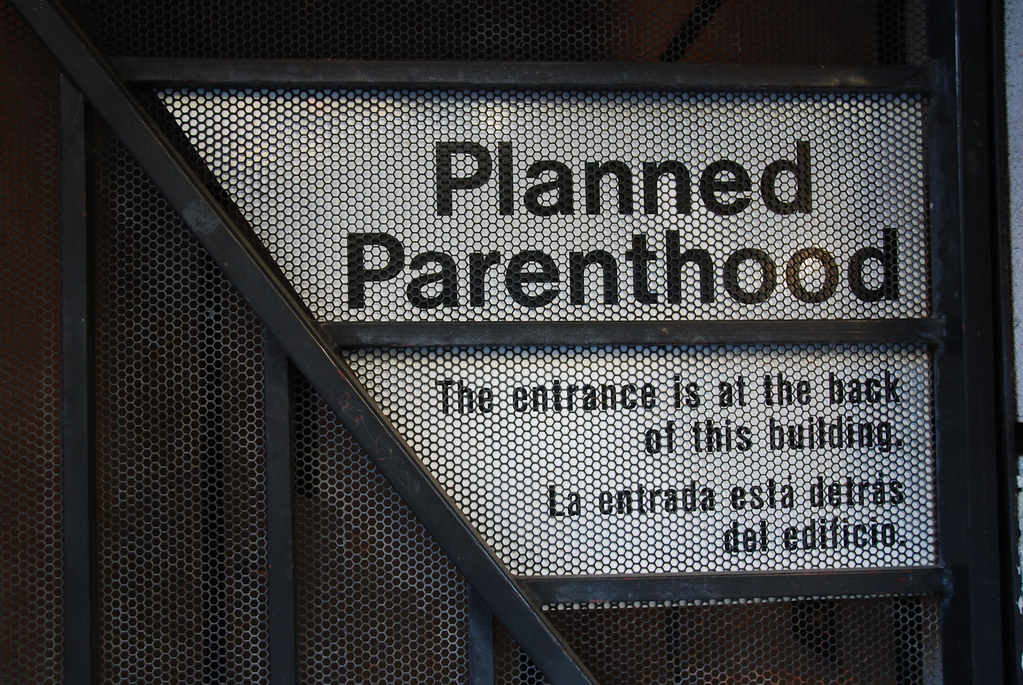Prominent psychiatrist Jordan Peterson has made headlines with his recent move from Canada to the United States, citing an impending legislative change in his home country as a key catalyst for his relocation. In a candid discussion on his daughter Mikhaila’s podcast, Peterson shared his relief at living closer to family in the U.S. while expressing deep concerns about “new legislation that the liberals are attempting to push through” back in Canada.
At the heart of his alarm is Bill C-63, a proposed law aimed at protecting children from online harm. Peterson believes if this bill were to pass, it would effectively transform Canada into what he describes as a “totalitarian hell hole.” He provided a stark warning about the legislation, suggesting it could lead to an extrajudicial system that undermines established legal protocols.
Peterson elaborated on the bill’s implications, specifically mentioning that it allows for individuals to be taken before a magistrate based on mere fears of potential future hate crimes. This kind of system, he argues, could criminalize legitimate expressions of dissent, particularly regarding contentious issues surrounding gender identity and the medical treatment of minors. The psychiatrist expressed outrage, claiming, “it’s a crime against humanity to slice the breasts off minor girls who are confused about their life.” Such comments reflect his vigorous opposition to certain medical practices related to gender dysphoria.
The bill details a broad definition of “hate speech,” indicating that communicating messages deemed offensive could be met with serious repercussions. Peterson has voiced fears that any viewpoint opposing mainstream narratives may be subjected to scrutiny, with allegations of hate now potentially stemming from anyone who disagrees with current sociopolitical ideologies.
Under the proposed legislation, those found guilty of violating hate speech provisions may not only face injunctions but could also be liable for significant financial penalties. Violators might be ordered to compensate victims, with amounts reaching upwards of $20,000 for damages sustained, and in some cases, they could face additional fines of up to $50,000.
Peterson’s worries underscore a growing trend in various nations, where strict definitions of hate speech have led to prosecutions against individuals for promoting traditional views on sexuality. He reminisced about international cases, like that of Finnish politician Paivi Rasanen, who faced legal challenges for expressing biblically-based beliefs about human sexuality.
As the Canadian Parliament continues to debate the future of this legislation, Peterson’s move emphasizes the gravity of his concerns and the lengths to which he believes individuals might need to go to safeguard their viewpoints in an evolving social landscape.







Leave a Reply